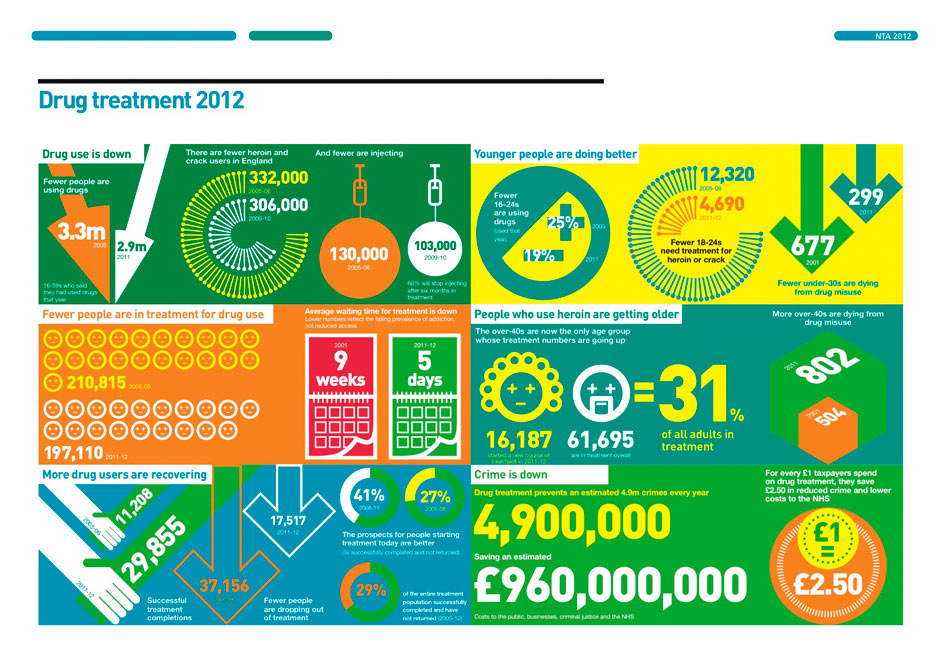Why Aftercare In Drug Rehabilitation Is Important For Long-Term Recuperation. Find Out How Support Systems Can Assist You Stay Sober And Build A Fulfilling Life
Why Aftercare In Drug Rehabilitation Is Important For Long-Term Recuperation. Find Out How Support Systems Can Assist You Stay Sober And Build A Fulfilling Life
Blog Article
Produced By-Johannsen Worm
You can not do it alone. Recovery from drug dependency requires a solid support system.
The significance of aftercare in drug rehabilitation can not be overstated. In this short article, we will certainly discover the role of counseling, the advantages of therapy, and the structure given by peer support system in preserving sobriety.
So, order a mug of coffee, kick back, and let us assist you with the crucial steps of post-rehabilitation assistance.
The Function of Counseling in Aftercare
If you wish to preserve your soberness after leaving rehabilitation, it's essential that you continue participating in counseling sessions as part of your aftercare plan.
Therapy plays a vital function in your healing trip by supplying ongoing support, guidance, and a safe space to reveal your feelings and issues.
Via counseling, you can deal with any underlying problems that may have contributed to your dependency, create dealing approaches, and discover much healthier ways to handle tension and desires.
It enables you to overcome any kind of unresolved emotions and establish a much better understanding of on your own and your triggers.
The Benefits of Therapy in Keeping Soberness
To maintain your soberness, treatment can offer numerous advantages.
- https://www.mlive.com/news/flint/2021/09/just-keep-fighting-um-flint-student-founds-nonprofit-to-support-drug-addiction-recovery.html provides a secure room for you to explore and attend to the underlying concerns that may have contributed to your addiction.
- It enables you to resolve your feelings and establish healthier ways of managing stress and anxiety and activates.
- Through treatment, you can get a better understanding of yourself and your patterns of behavior, which can aid you make positive modifications in your life.
- Additionally, treatment provides you with a support group of specialists that are educated to direct and help you on your journey to healing.
- They can offer useful insights, devices, and methods to assist you browse the challenges that may arise.
- In treatment, you can learn to create healthy and balanced coping abilities, develop resilience, and enhance your general wellness.
Peer Support Groups: A Foundation for Lasting Recuperation
You can locate enduring healing by proactively joining peer support system and connecting with others that share similar experiences and objectives.
Peer support system give a secure and non-judgmental area where individuals in recuperation can integrate to share their battles, successes, and insights. By actively joining these groups, you can get the assistance and motivation you need to stay on the path of healing.
Connecting with others that have actually experienced comparable experiences can be incredibly equipping, as it helps you recognize that you aren't alone in your journey. It likewise enables you to pick up from others that have actually effectively conquered similar obstacles. Together, you can celebrate turning points, hold each other responsible, and deal guidance and guidance.
Via these connections, you can construct a strong support system that will certainly assist you browse the ups and downs of recuperation and ultimately locate enduring healing and improvement.
visit this site 've learned about the important function of aftercare in drug rehabilitation. Therapy, therapy, and peer support system contribute to lasting recovery. Right here's a shocking fact to realize the magnitude of the problem: research studies reveal that individuals that get aftercare therapy are 50% most likely to maintain sobriety contrasted to those that do not.
So, think of the transformative power of these support group in aiding individuals reclaim their lives and construct a brighter, drug-free future.
